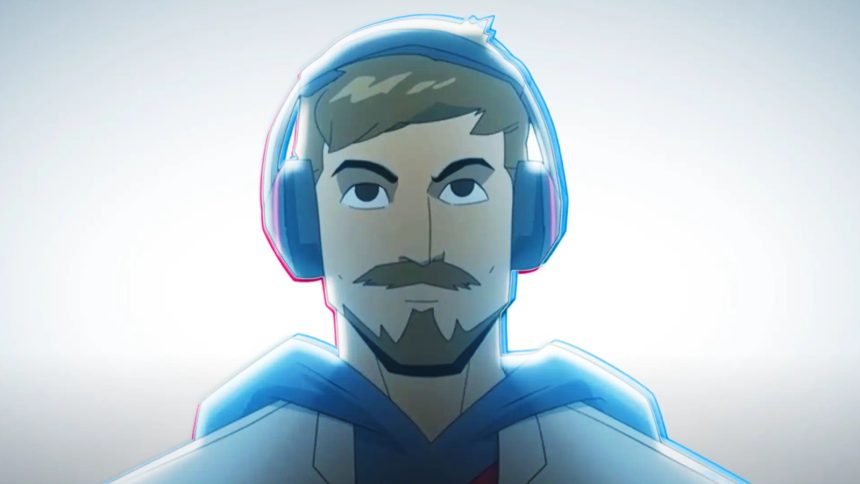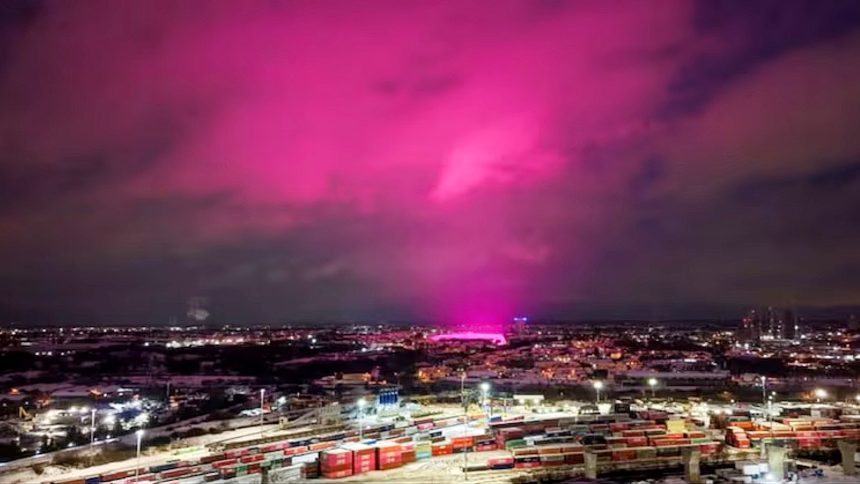Japan is moving ahead with its “first-ever” legal case over an AI-generated image, after police concluded that the picture qualifies as a copyrighted work.
Chiba Prefectural Police have referred a 27-year-old man from Kanagawa Prefecture to prosecutors, accusing him of copying another creator’s AI-generated artwork and using it as the cover of a commercially sold book without seeking permission.
According to Japanese publication, the Yomiuri Shimbun, investigators revealed that the original creator had fed an AI learning model over twenty thousand detailed instructions before the final image was finalised.
It’s because of this level of human input and dedication that police say the final image is classified as a protected creative work under Japan’s Copyright Act.
Police to indict man for allegedly copying AI-generated image
Japan’s Agency for Cultural Affairs has previously said AI outputs can qualify as copyrighted works depending on the volume and specificity of prompts and how much human control is exercised. However, this case is the first time police have applied that guidance to an AI-generated image.
AI copyright specialist Kensaku Fukui told the Yomiuri Shimbun that highly specific prompts can make an AI output predictable enough to reflect human creativity. He argues that the key question is whether the user issued instructions with a clear expectation of the result.
This case is also unfolding amid Japan’s wider debate over how to regulate AI imagery, including proposals to restrict AI-made anime art and pushback from major gaming and anime companies over OpenAI’s Sora 2 video model.
The outcome of the case could shape how future disputes over AI-made art are handled by law enforcement and courts within Japan.













